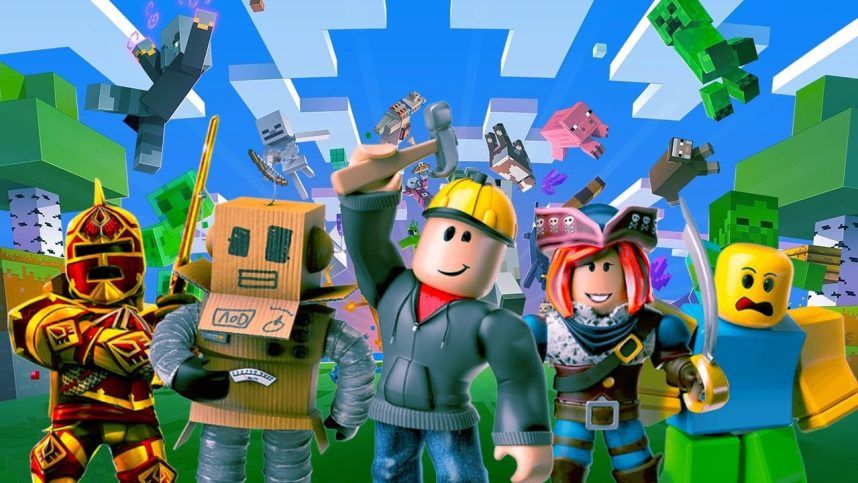Date Published: September 21, 2024, 08:36h.
Last updated on: September 21, 2024, 08:36h.
A federal judge in Northern California has approved a class-action lawsuit accusing mobile game platform Roblox of promoting underage gambling.

The lawsuit alleges that Roblox allowed third-party gambling sites to accept bets using Robux, the platform’s in-game currency. The case was initiated by a group of parents who claim their children lost money by participating in virtual Robux casinos.
Virtual Playground
Roblox is an online game platform and game creation system that offers users a virtual playground of user-created games.
It is free to play, but users can purchase Robux through in-game real-money transactions. By August 2020, Roblox had more than 164 million active users, with over half of all American children under 16 playing the game.
About 60% of Roblox users are under 16, with 23% of them aged between 9-12 and 22% under the age of nine, as per a February 2022 SEC filing.
The parents filed a lawsuit against Roblox in August 2023, alleging that it encourages third-party developers to create experiences involving Robux. Developers can earn money by converting the Robux they receive into real currency, with Roblox taking a 30% commission fee.
Duty to Protect
In a recent decision, U.S. District Judge Vince Chhabria ruled that Roblox had a responsibility to safeguard its users and had engaged in misfeasance.
“The plaintiffs claim that Roblox has established a platform for illegal transactions within the virtual playground, allows such transactions, and profits from them,” Chhabria stated. “They argue that Roblox’s intentional design choices created a risk of harm for the minor plaintiffs who would not have otherwise encountered the virtual casinos.”
Chhabria noted that due to the commission structure involving Robux, it was “entirely predictable” that third-party developers would be incentivized to develop highly addictive experiences like gambling games.
“Furthermore, according to the complaint, both users and Roblox were aware of the virtual casinos,” Chhabria continued.
The three virtual casinos [mentioned in the lawsuit] launched extensive marketing campaigns, popular Roblox social media influencers mentioned or endorsed the virtual casinos, and [the casino] Bloxflip had over 5.7 million monthly visitors in 2022,” the judge mentioned.
“Roblox understood how these virtual casinos operated and could foresee that minors would visit these sites and gamble their Robux,” he added.
Chhabria dismissed additional fraud claims against Roblox, concluding that the plaintiffs had not successfully proven their case.


